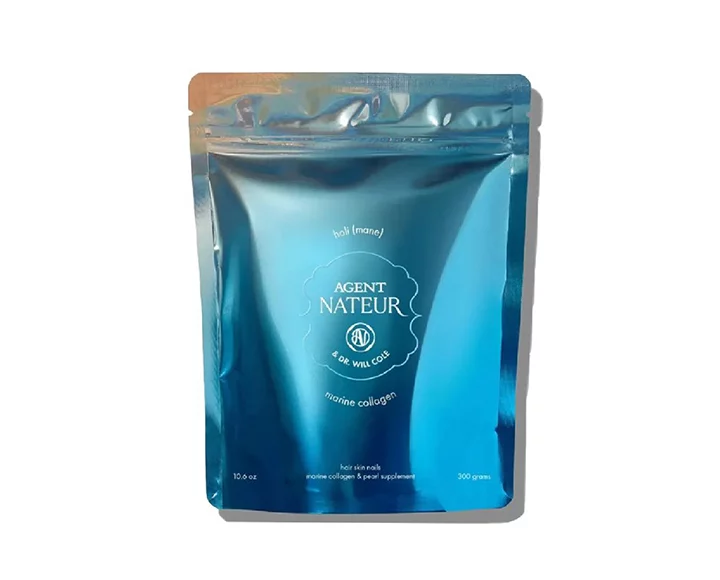While whey has gained notoriety as a prime protein source, research now shows it can do far more for your health than just provide amino acids for building muscle. Whey is the by-product of cheese production, which is dried and turned into a powder to be used for supplementation. It is an excellent source of protein, providing all 18 amino acids, and contains naturally occurring bioactive components such as immunoglobulins and lactoferrin, which stimulate the immune system. Whey also contains a cysteine concentration over 4-fold higher than other proteins, and is one of the greatest foods for boosting glutathione. Both cysteine and glutathione are potent antioxidants, helping to protect the body from toxins, inhibiting diseases of aging.
Whey protein is also utilized as a significant source of branched chain amino acids (BCAA). BCAA’s were proven to significantly lengthen life, while increasing muscle mass and strength, and promoting body fat loss. In addition to expanding ones life span and improving athletic performance, whey has been found to be an important food for aging. It can reduce muscle wasting, the risk of diabetes and heart disease, depression, inhibit cancer development, and keep brain functioning sharp and clear even into later years. Because whey is such a popular product, it can be confusing to shop for. We’ve found the best whey protein sources for each and every wallet size…
High: Organic Protein Powder by Tera’s Whey
Producing solely organic, rBGH-free whey protein, Tera’s Whey is the artisan variety of whey protein powder. Each batch is sourced from the heartland of Wisconsin, direct from small, family-run cheese makers. Their line has an array of flavors, each one created with real, whole superfruits such as blueberries, fair trade dark cocoa, or organic bourbon vanilla, rather than the typical artificial flavors. Sweetened with organic stevia, they are a low glycemic option that do not utilize the harmful, fake sugars like sucralose. In addition, the only other ingredient used is organic sunflower lecithin, which is the non-gmo alternative to the mainstream soy lecithin. While a more pricey protein, we believe its quality, and taste is well worth the price tag. Add a scoop of the vanilla into your morning green smoothie for an extra nutrient-punch, and a decadent, dessert-like flavor.
Midpoint: Raw, Organic Milk by Organic Pastures
If taking supplements isn’t up your alley, try drinking raw, organic milk instead. Raw milk is about 10 – 20% whey protein, making it a good source of whey that can easily be incorporated into the diet. Drinking raw milk is best, because it has not been pasteurized. Pasteurization can denature the health promoting properties of the milk. This includes the proteins, enzymes, growth factors and immunoglobulins, which are the components of milk that we are looking to use for therapeutic use. Always choose organic as well, since organic ensures that there are no added hormones, antibiotics, or pesticides found in the milk.
Another source of whey that can be a bit more affordable than whey powder or raw milk is ricotta cheese. Ricotta is an Italian whey cheese made from milk whey that is left over from the production of cheese. Ricotta is Italian for “recooked” because it is made by “cooking” whey that is produced when the curds are separated for cheese. As a result, ricotta cheese is quite high in whey protein with about 28 grams of protein per cup. It has a slightly sweet taste, which makes it delicious in so many recipes, but a few of our favorites are this Heirloom Tomato Tart, Avocado Ricotta Toast, and Arugula, Prosciutto White Pizza. The best part is that it can be made at home, simply follow our step-by-step instructions to get started.













